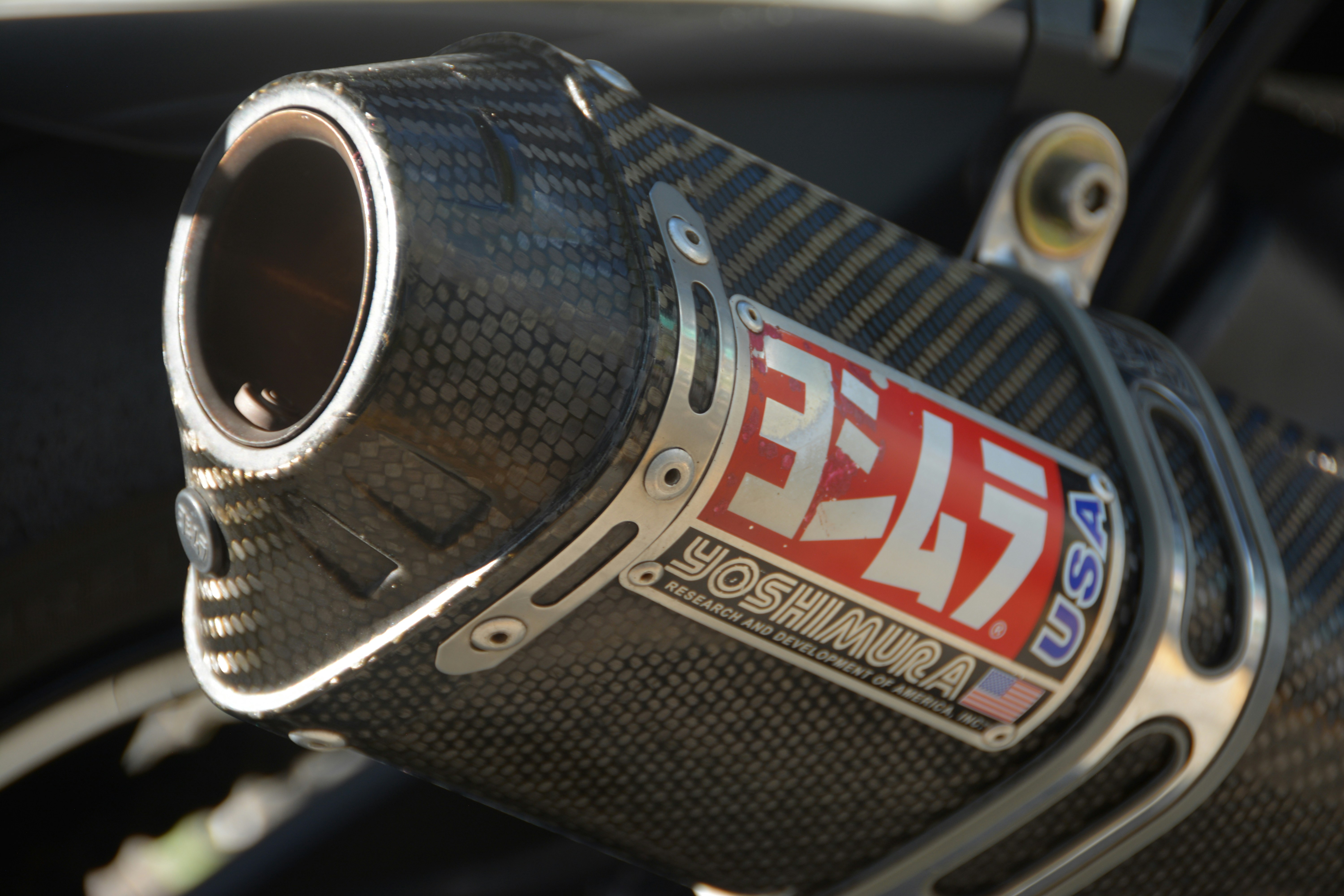In this article, we will explore the impact of a bad exhaust system on your gas mileage. We will discuss how certain issues with your exhaust system can lead to decreased fuel efficiency and increased fuel consumption. Furthermore, we will provide some insights on how to identify and resolve these problems to help you improve your vehicle’s gas mileage. By the end of this article, you will have a clearer understanding of how a bad exhaust system can affect your overall fuel efficiency.
Overview of the Exhaust System
Components of the Exhaust System
The exhaust system of a vehicle is a crucial component that is responsible for removing harmful gases generated by the engine. It consists of several parts, including the exhaust manifold, catalytic converter, muffler, and tailpipe.
Purpose of the Exhaust System
The primary purpose of the exhaust system is to reduce engine noise and direct exhaust gases away from the engine compartment. Additionally, the system plays a vital role in controlling emissions and ensuring a safe and comfortable driving experience.
How the Exhaust System Works
Exhaust Gas Flow
When the engine burns fuel, it produces exhaust gases that are channeled through the exhaust manifold, which collects the gases from each cylinder and channels them into a single outlet. The gases then flow through the catalytic converter, muffler, and finally exit the vehicle through the tailpipe.
Catalytic Converter Operation
The catalytic converter is a crucial component of the exhaust system as it helps reduce harmful pollutants. It contains a catalyst that chemically converts harmful gases, such as carbon monoxide, nitrogen oxides, and unburned hydrocarbons, into less harmful substances before being released into the atmosphere.
Factors Affecting Gas Mileage
Engine Efficiency
The efficiency of the engine plays a significant role in determining gas mileage. A well-maintained engine, with proper fuel combustion and minimal internal resistance, will allow for better fuel efficiency and, consequently, improved gas mileage.
Aerodynamics
The aerodynamics of a vehicle can impact gas mileage. Factors such as the shape and design of the vehicle, air resistance, and the presence of external accessories can increase drag, making the engine work harder and decreasing fuel efficiency.
Rolling Resistance
Rolling resistance refers to the friction between the tires and the road surface. If the tires are underinflated or the vehicle’s suspension is misaligned, it can increase rolling resistance, resulting in decreased gas mileage.
Role of the Exhaust System in Gas Mileage
Back Pressure and Gas Mileage
Back pressure refers to the resistance caused by the exhaust system that prevents the easy flow of exhaust gases out of the engine. A badly designed or clogged exhaust system can lead to increased back pressure, which can affect engine performance and decrease gas mileage.
Effects of Leaks and Blockages
Leaks or blockages in the exhaust system can have a negative impact on gas mileage. A leak can allow excess air to enter the system, altering the air-to-fuel ratio and causing the engine to work harder. Similarly, a blocked or clogged exhaust system can restrict the flow of exhaust gases, negatively affecting engine performance and gas mileage.
Signs of a Bad Exhaust System
Increased Noise Levels
A bad exhaust system can result in increased noise levels. If you notice a sudden increase in engine noise or a roaring sound coming from the exhaust, it could indicate a problem with the muffler or other components of the exhaust system.
Decreased Engine Performance
A poorly functioning exhaust system can lead to decreased engine performance. You may experience a reduction in power and acceleration, as well as poor fuel efficiency. If you notice a decrease in engine performance, it is essential to have your exhaust system inspected.
Potential Impact on Gas Mileage
Reduced Fuel Efficiency
A bad exhaust system can significantly impact fuel efficiency. Increased back pressure, leaks, or blockages can cause the engine to work harder, resulting in increased fuel consumption and decreased gas mileage.
Increased Emissions
A malfunctioning exhaust system can also lead to increased emissions. When the exhaust system fails to properly convert harmful gases, it can result in higher levels of pollutants being released into the atmosphere. This not only affects the environment but may also lead to failing emissions tests.
Importance of Regular Maintenance
Preventing Potential Issues
Regular maintenance and inspections of the exhaust system are vital to identifying and resolving potential issues before they become major problems. By keeping the exhaust system well-maintained, you can prevent leaks, blockages, and other issues from negatively affecting your gas mileage.
Optimizing Gas Mileage
Proper maintenance of the exhaust system can optimize gas mileage. By ensuring the exhaust system is functioning optimally, you can reduce back pressure, minimize leaks, and maintain the proper air-to-fuel ratio, all of which contribute to improved fuel efficiency.
Conclusion
Maintaining a well-functioning exhaust system is crucial for both your vehicle’s performance and gas mileage. Regular inspections, prompt repairs, and keeping up with maintenance schedules can help identify and address any issues with the exhaust system, ensuring optimal fuel efficiency and reducing the impact on gas mileage. So, if you’re wondering whether a bad exhaust system can affect gas mileage, the answer is yes. Take care of your exhaust system, and it will take care of your gas mileage.



